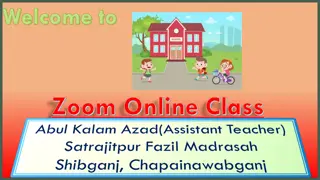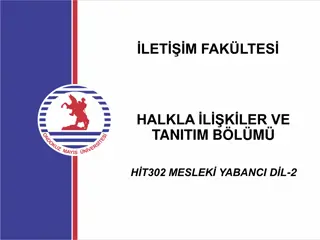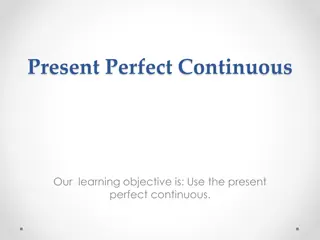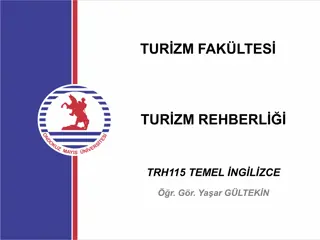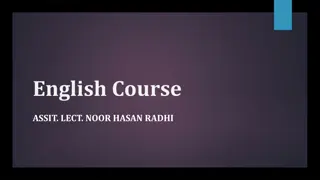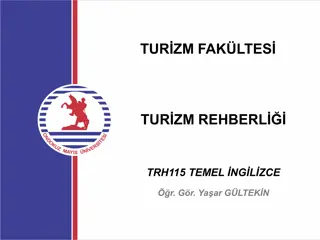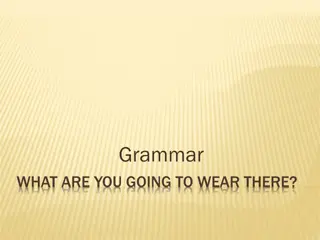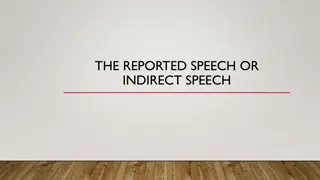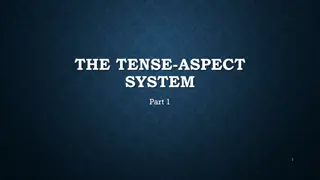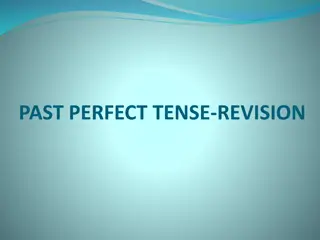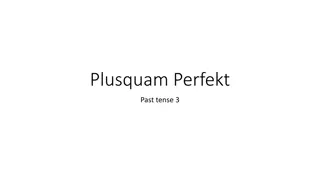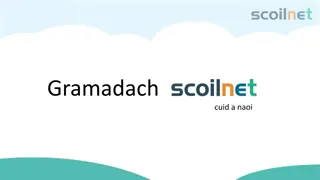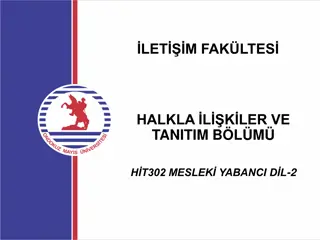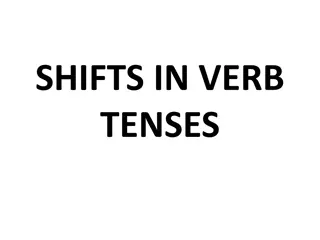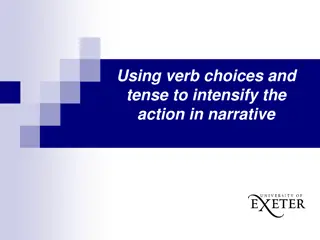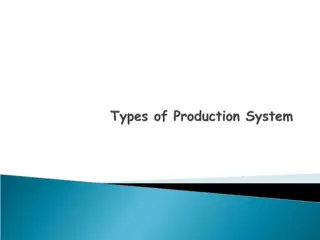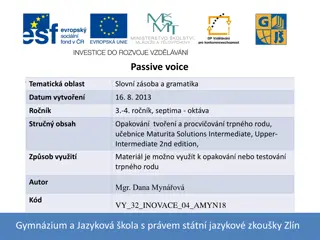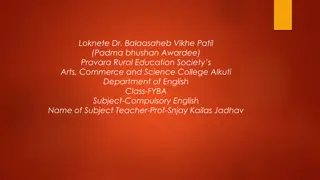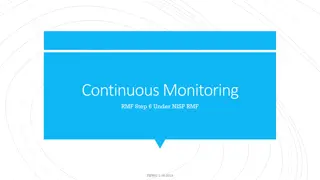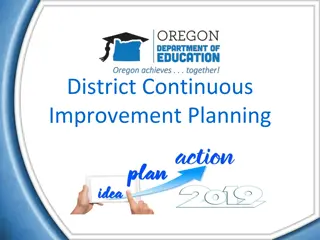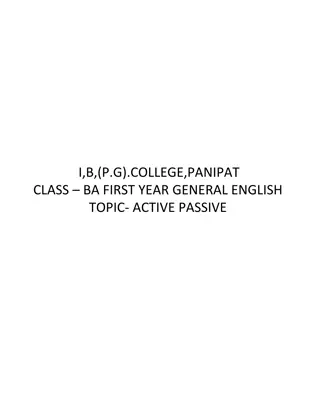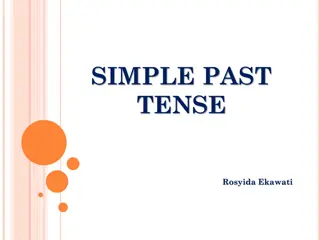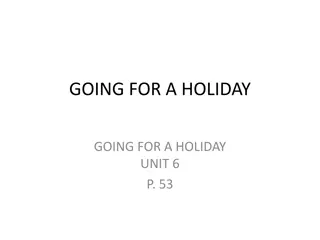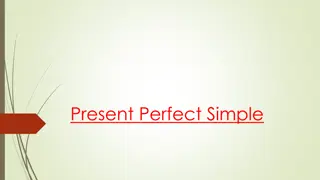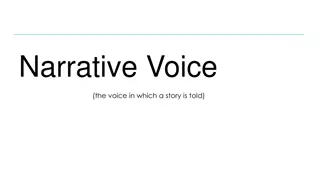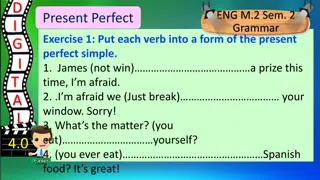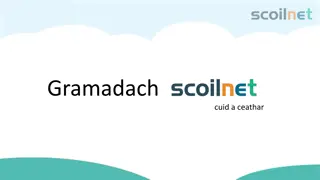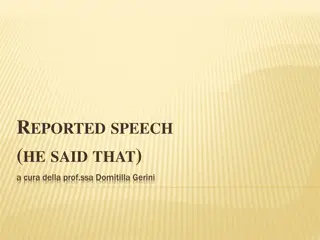Understanding the Future Continuous Tense
The Future Continuous Tense is used to describe ongoing actions or events that will occur at a specific point in the future. It signifies continuous action over a period of time in the future. Questions, negatives, and examples are provided to enhance understanding of this tense.
Download Presentation

Please find below an Image/Link to download the presentation.
The content on the website is provided AS IS for your information and personal use only. It may not be sold, licensed, or shared on other websites without obtaining consent from the author. Download presentation by click this link. If you encounter any issues during the download, it is possible that the publisher has removed the file from their server.
E N D
Presentation Transcript
The Future Continuous Tense is used to describe actions or events that will be ongoing or in progress at a specific point in the future. It indicates that something will be happening continuously over a period of time in the future. S + will be + v(ing) + c .. EX. I will be studying at this time tomorrow. They will be working on the project all day. She will be traveling to Europe next month.
Questions Questions in the Future Continuous Tense are often used to inquire about someone's plans or activities at a particular future time, allowing for a more detailed understanding of future actions or events. EX. Will she be attending the meeting tomorrow morning? Will they be cooking dinner when we arrive? Will they be studying for the exam all night? Will he be playing tennis at the club tomorrow afternoon?
Negative The negative form of the Future Continuous Tense is used to express actions or events that will not be ongoing at a specific time in the future. It indicates that something will not be happening continuously over a period of time in the future. EX. I won't be watching TV at 10 PM tomorrow. They won't be traveling to Europe next month. She won't be attending the conference this afternoon. He won't be working on the project all day. We won't be having dinner together tonight. They won't be playing soccer in the park tomorrow. She won't be waiting for you when you arrive. I won't be wearing my glasses during the presentation. He won't be studying for the exam all night. They won't be using the car tomorrow.


